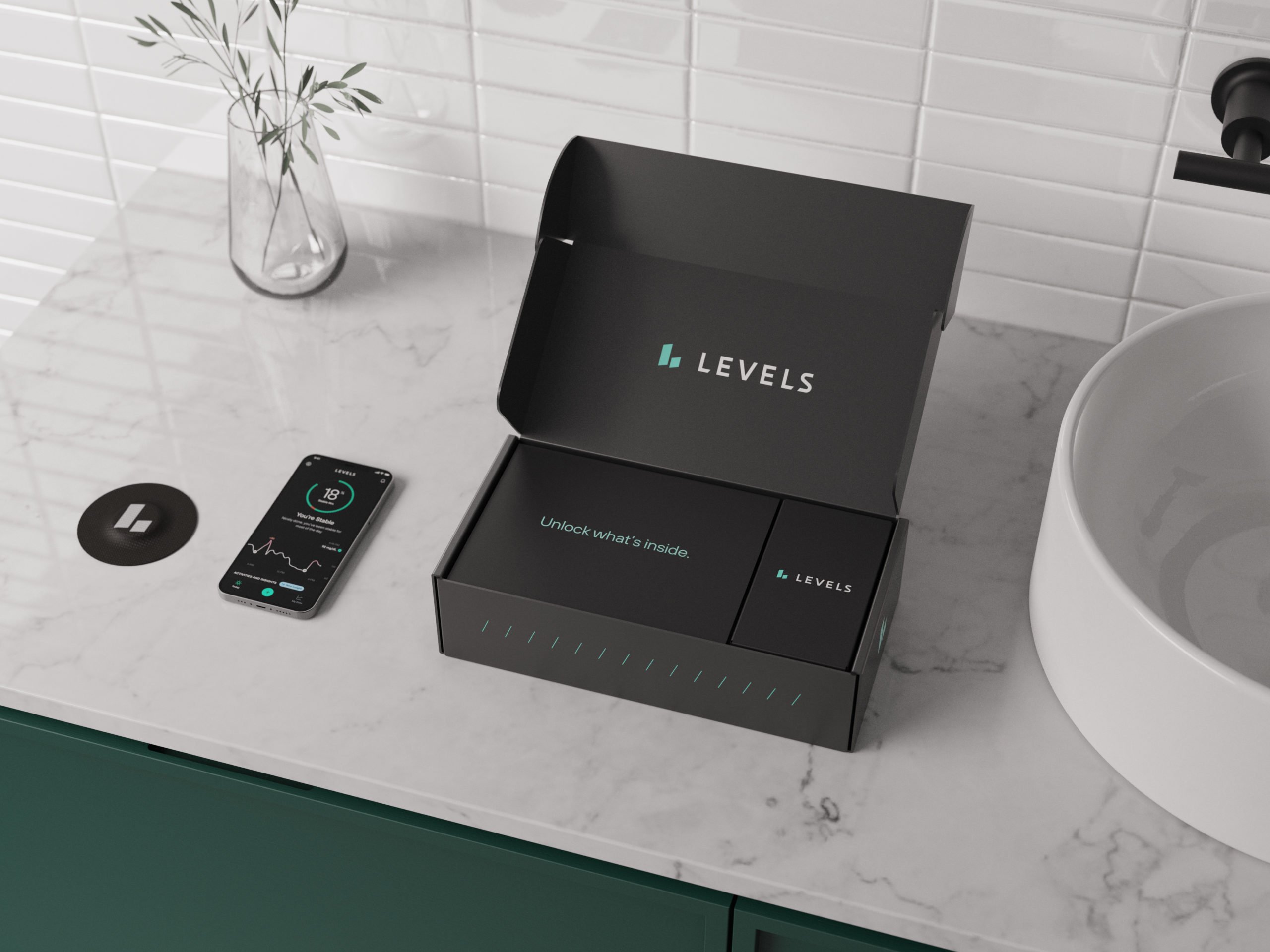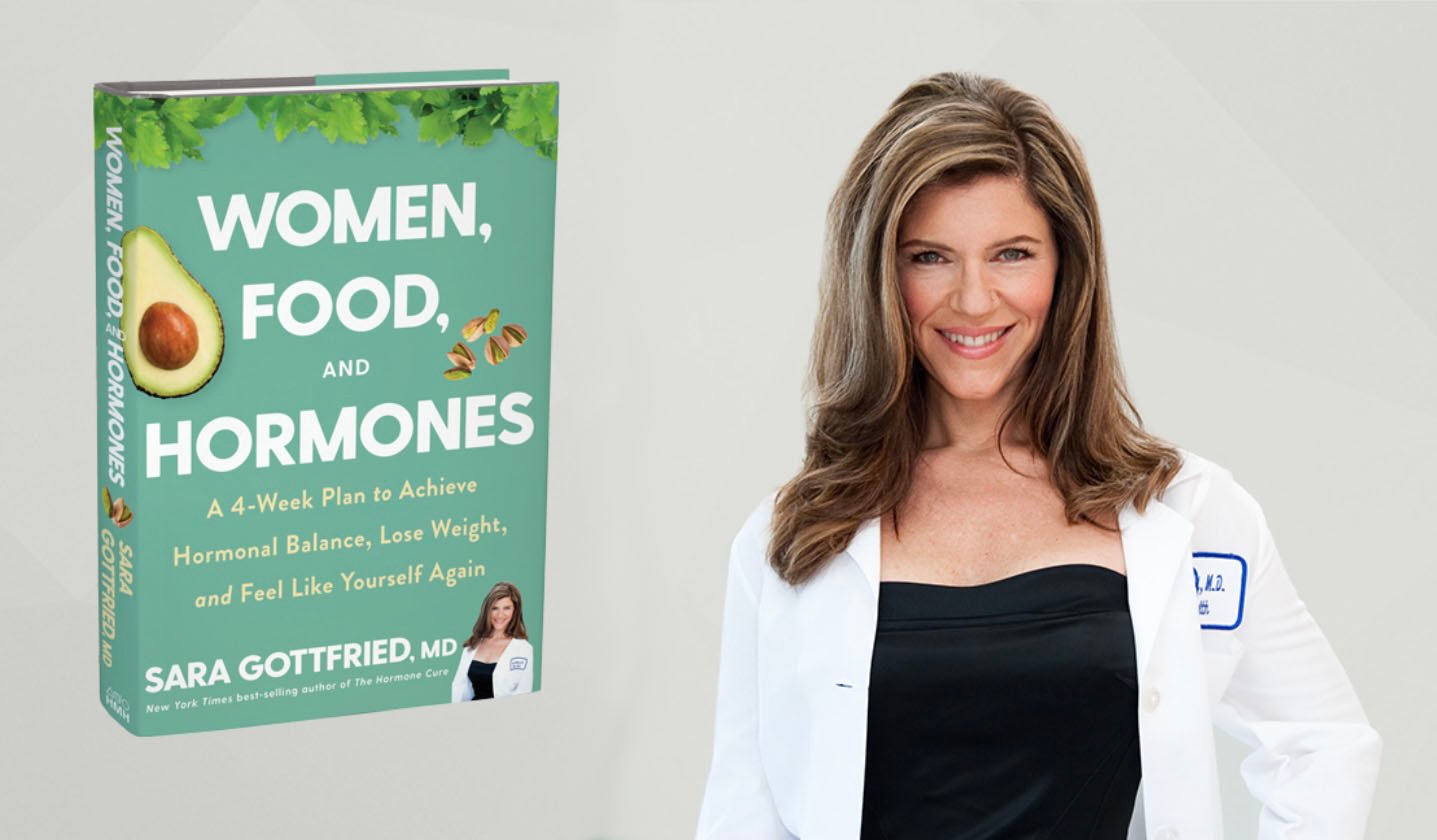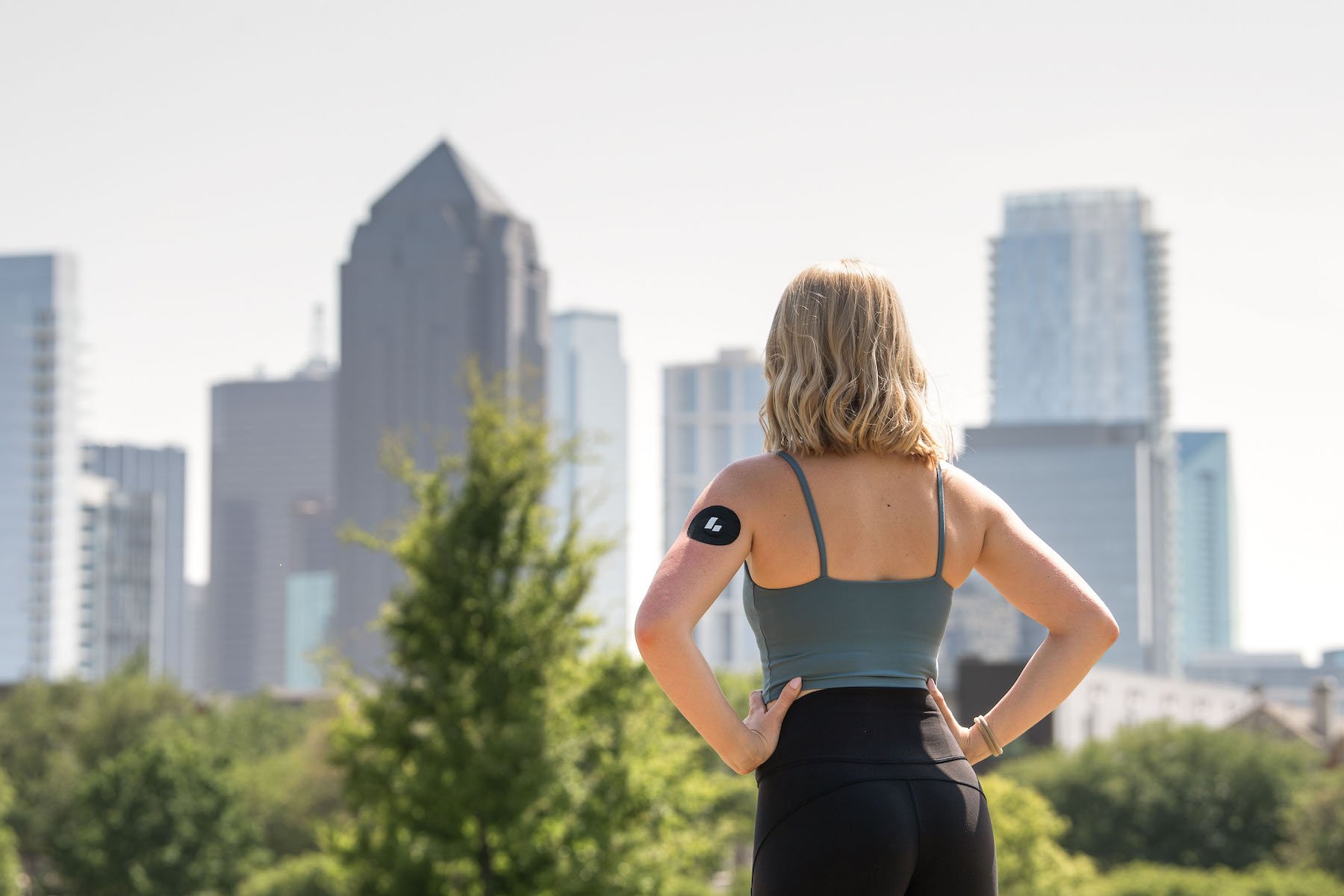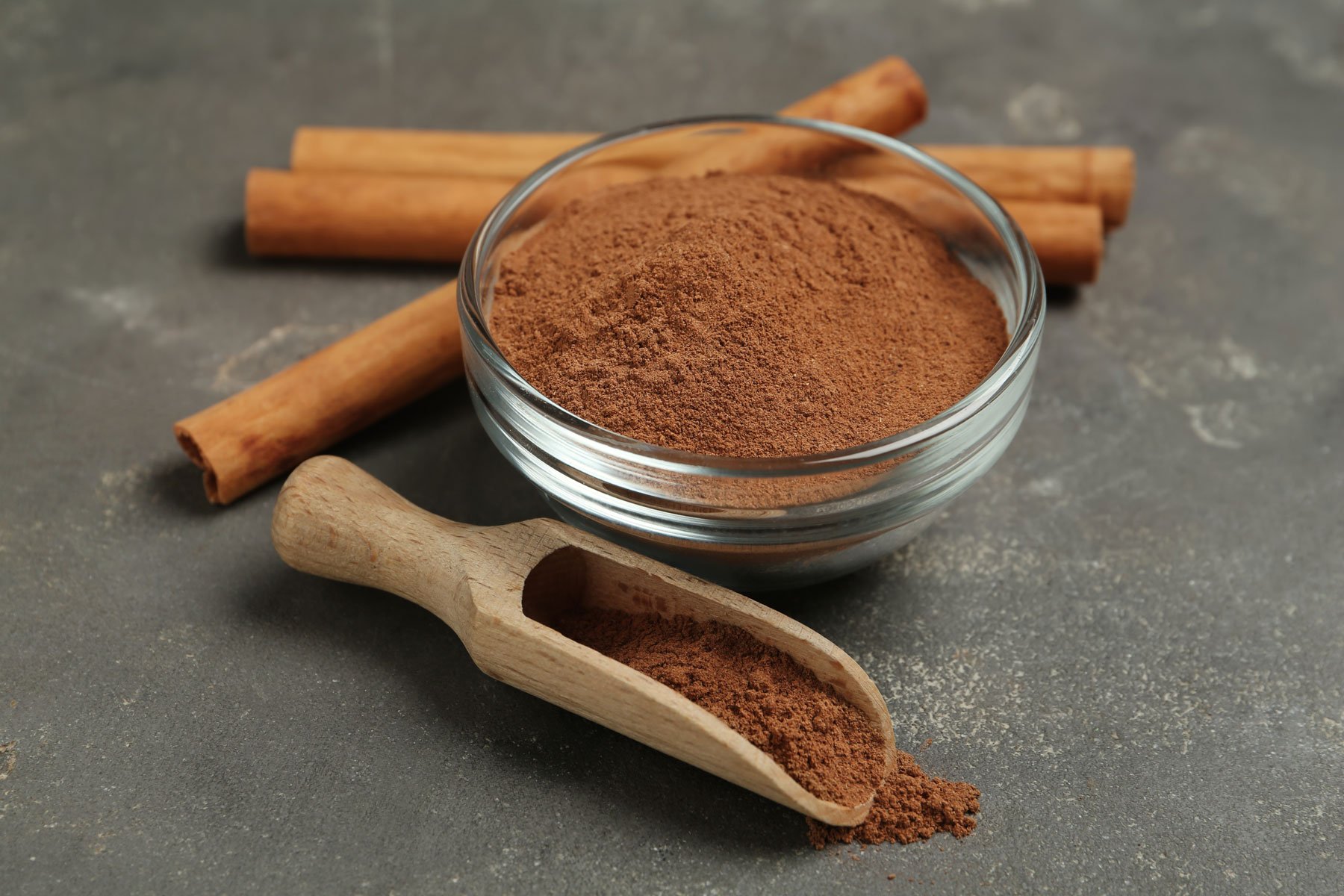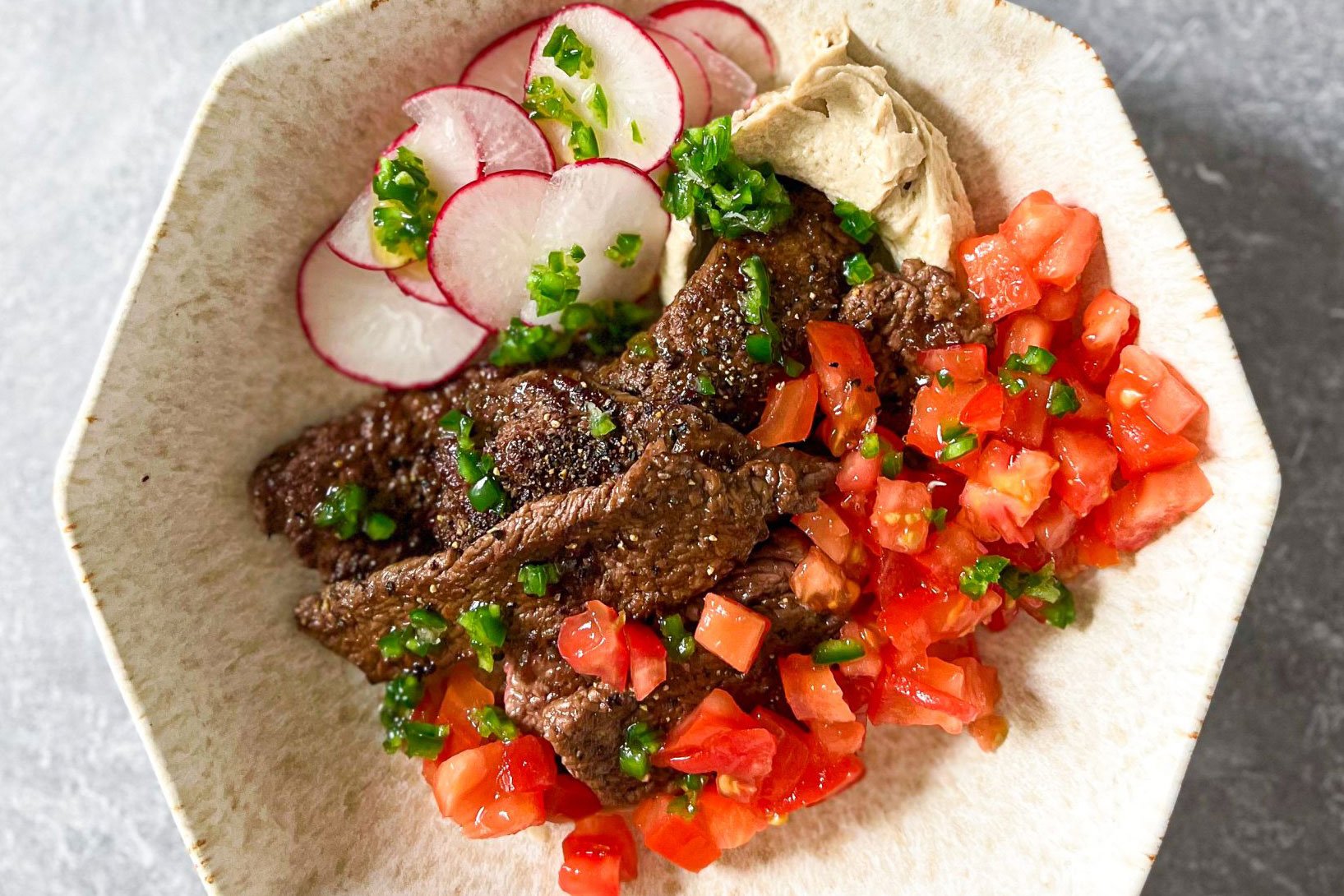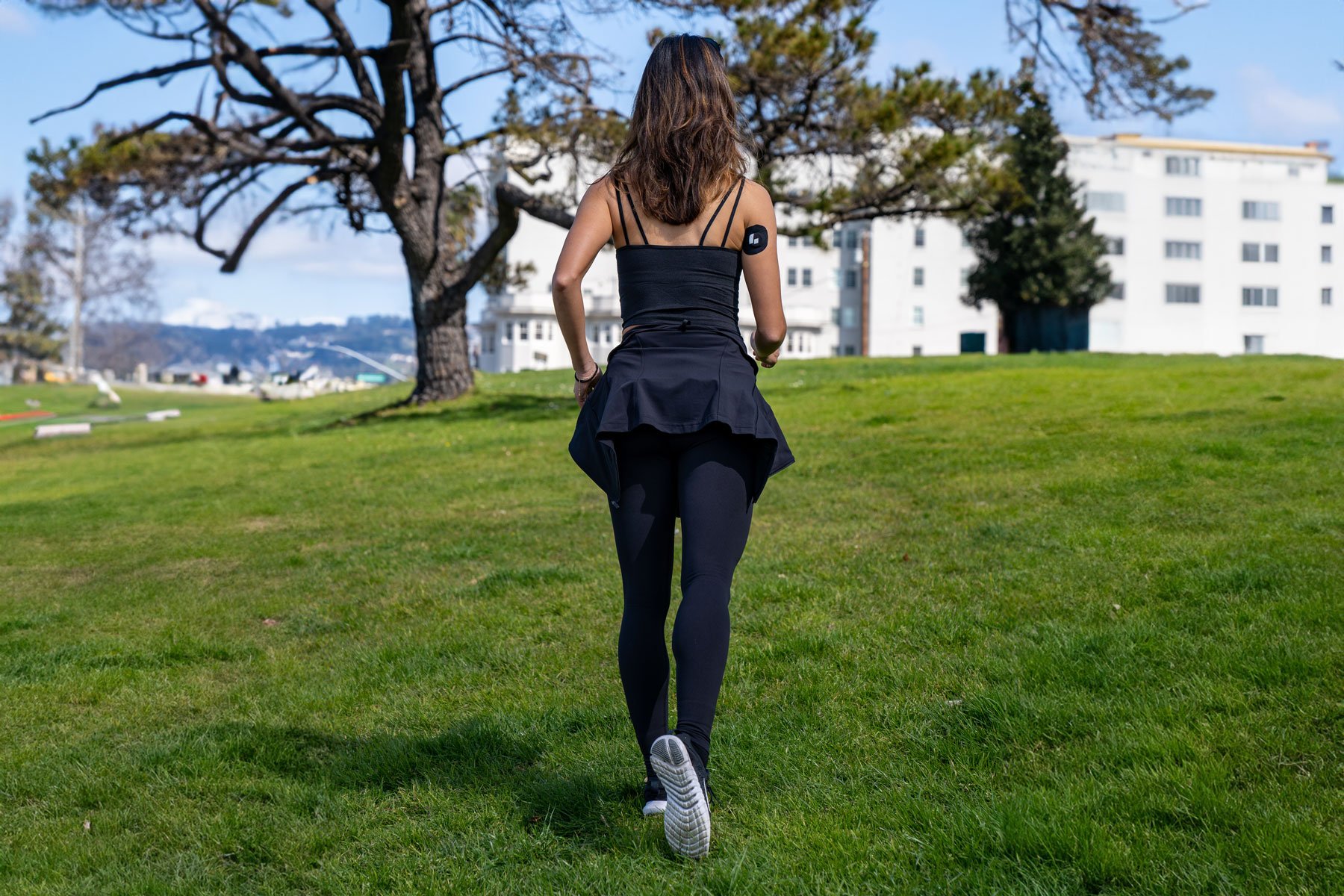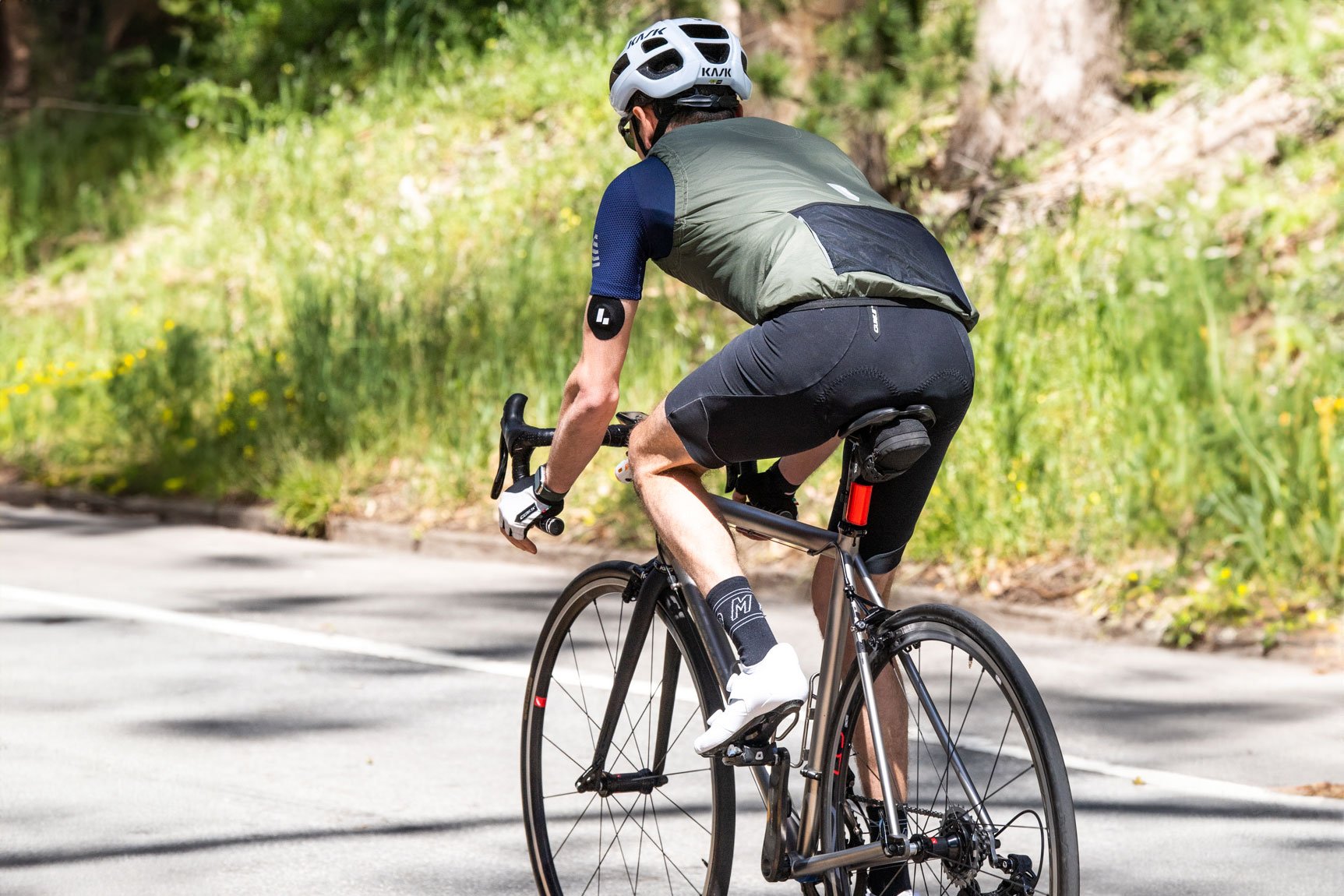Abby O’Connor has been thinking about her glucose and insulin levels for most of her life. That’s because she has polycystic ovarian syndrome (PCOS), and like 70 percent of women with PCOS, she also has insulin resistance.
PCOS is a chronic condition in which an imbalance in a woman’s hormone levels leads to symptoms that can include menstrual irregularity, obesity, and ovarian cysts. It’s also the leading cause of infertility. The CDC estimates 6 to 12 percent of women in the US have PCOS, and worldwide as many as a quarter of women may suffer from it.
“The tricky paradox of living with PCOS is that if you can reduce your weight, you can reduce your symptoms,” says Abby, a 29-year-old who works in healthcare philanthropy. “However [because of the insulin resistance], one of the hardest things to do with PCOS is to lose weight, so you’re in this difficult cycle. You’re trying to lose weight, and your body is basically fighting you.”
Abby tried several diets, from low calorie to keto, but the promised results never materialized. “I metabolize carbs differently than the average person,” she says. “And that made finding something that works for me very difficult.”
Wearing a continuous glucose monitor (CGM) allowed her to close that feedback loop between diet, lifestyle, and her unique body. “I’ve done a lot of research on insulin levels and blood sugar to understand better how to live with PCOS,” she says, “but seeing the data in real-time is a completely new experience.”
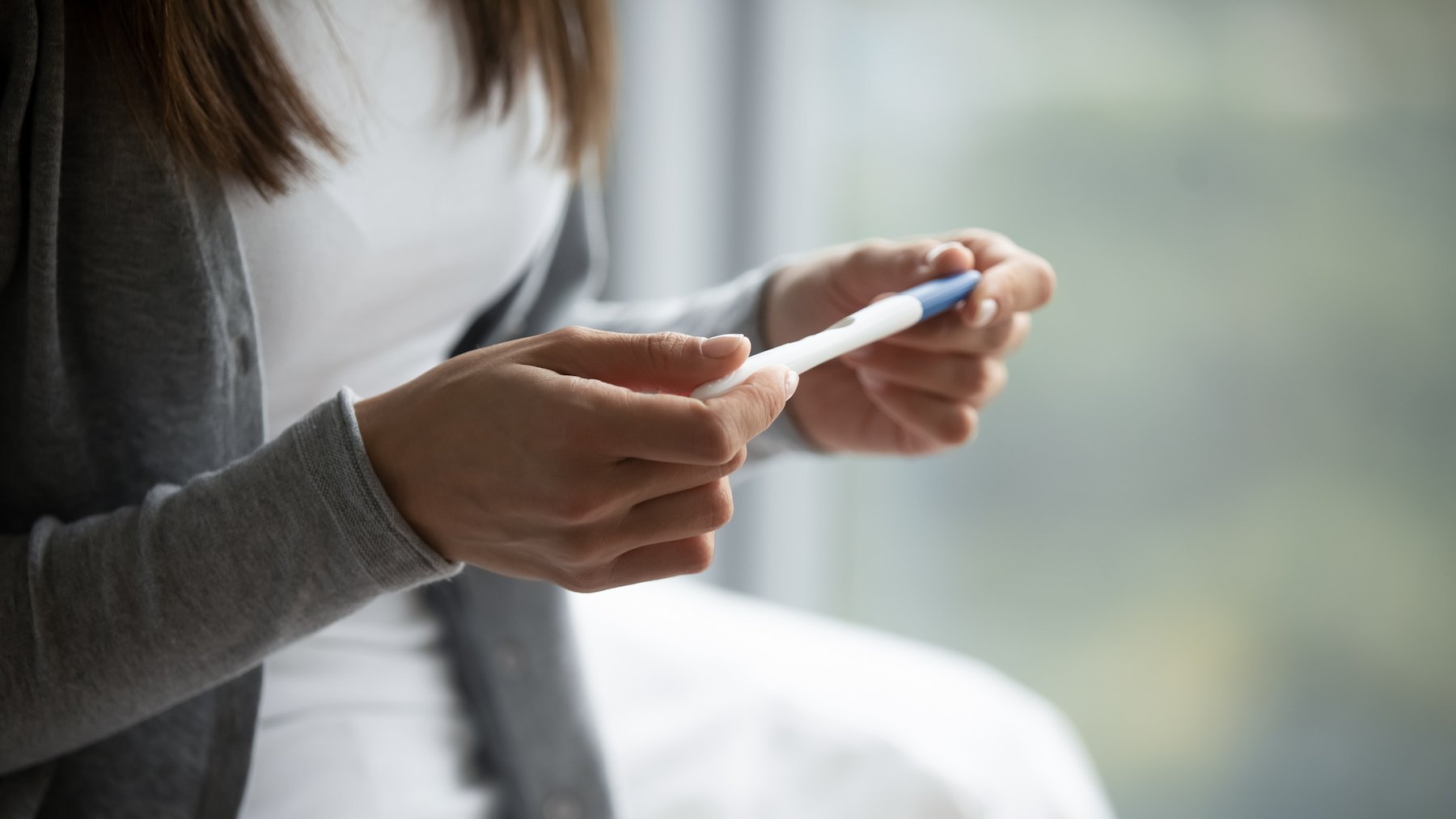
The ultimate guide to PCOS and metabolic health
Polycystic ovarian syndrome (PCOS) is a condition affecting fertility, weight, and more—and it's intimately tied to metabolic health.
Read the ArticleUltimately, focusing on her diet yielded another benefit. Like a lot of women with PCOS, Abby had experienced fertility challenges. “But after healing a lot of my issues with the right food and understanding my insulin resistance a bit better,” she says, “I’m happy to report we have our first baby on the way!”
Here, Abby talks about the pressure of conforming to diets, living in fear of carbs, and what it really means to treat food as fuel.
On the pressure to find a diet that worked:
Because of my PCOS, I’ve struggled with insulin resistance for as long as I can remember. I’ve always eaten pretty healthy and been mindful of my calorie intake, but I had this innate fear of some foods.
And women face this incredible pressure to look a certain way—which generally means losing weight. This pressure creates a distorted view of food. All the one-size-fits-all dieting approaches just weren’t working for me, and I was exhausting myself trying to make them work.
On the benefits and challenges of keto:
The only time I’d been able to lose weight and feel good was when I was on strict keto for about nine months, but the mental pressure was not sustainable for me. The first month, I couldn’t exercise well because I felt so tired. I thought, “where are these crazy energy levels that everyone told me about?” I’m just grumpy and tired! Then I was always on edge to prevent any unplanned foods from getting into my diet. I developed this fear of carbs out of concern that they’re bad for you, but now I feel empowered because I can eat carbs, and I know how to use them.
On the value of real-time feedback with a CGM:
I’ve learned that everything from when you eat to how you pair your foods can make a huge difference in your metabolic health. Seeing the data behind how food impacts me on a cellular level is super empowering. For the first time in my life, I feel like I understand what to eat for myself.
Seeing my metabolic health data has even impacted how I work with my endocrinologist. I show him my CGM results, and he uses them to help inform the medication I take. I’ve lost about seven pounds now, and I’m almost at the 15-pound mark my doctor wants me to hit.
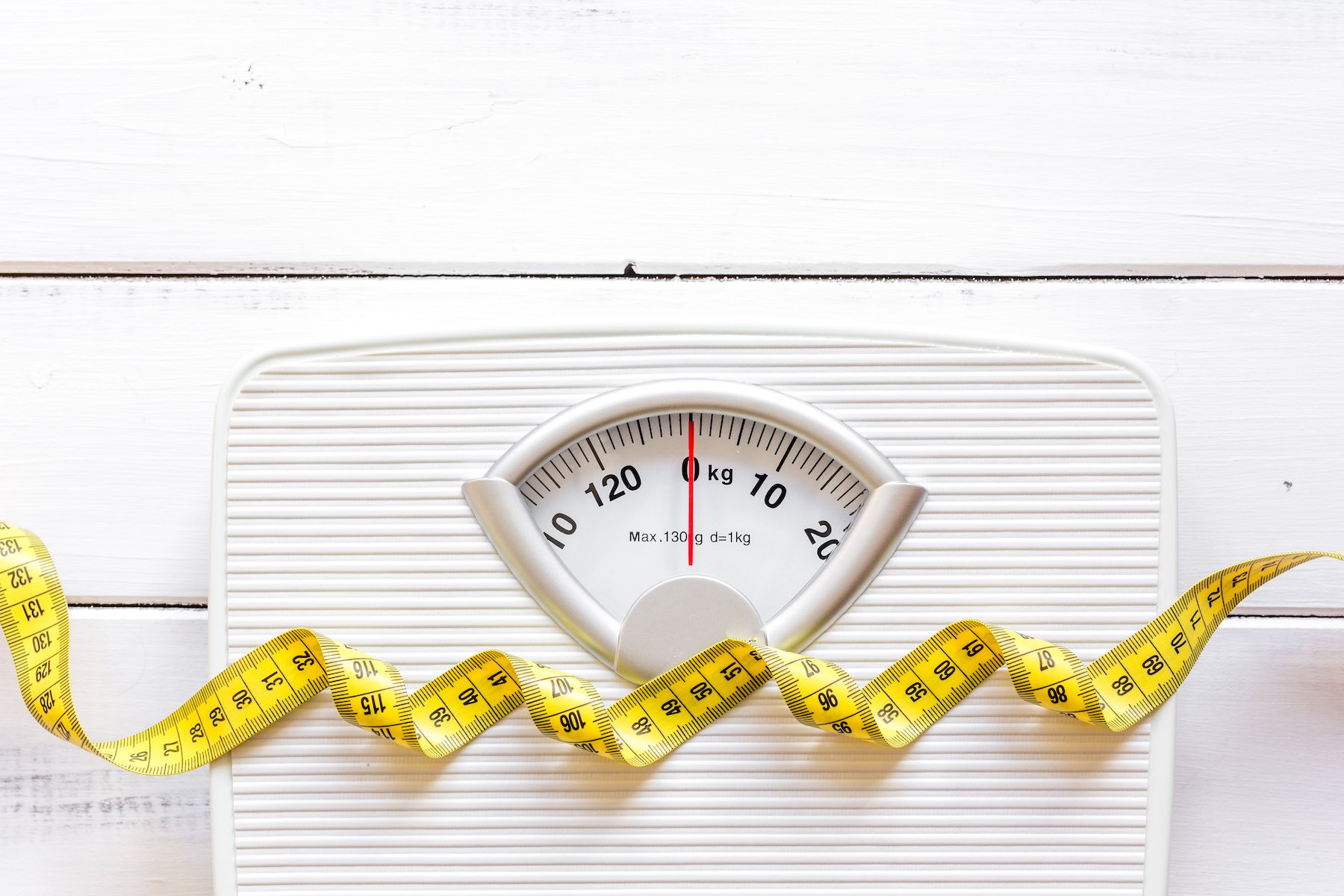
Understanding blood sugar and weight loss: why tracking glucose with a continuous glucose monitor (CGM) may be more insightful than tracking calories
Real-time continuous glucose monitoring (CGM) looks deeper than simple calorie models to help us understand weight loss.
Read the ArticleLearn more:
On taking control of food instead of living in fear of it:
I heard a million times that food is fuel, but I never really understood what that meant. Now, I design my nutrition around my activities for the day. If I’m planning to just sit on the couch and not move a muscle after dinner, then I know eating pizza probably isn’t the best decision. If I did decide to eat pizza, I’d plan for a 30-minute walk.
I don’t feel that food restriction that I once did because I know how my body will metabolize food and the impact I can expect. I’ve been able to design a better diet for me, which is higher carbs for breakfast, a moderate amount of carbs for lunch, and then low carbs for dinner.
The psychological benefit of taking control of your health in a positive way is incredibly important in the long-term.
On finding the right balance between food and exercise:
Now, I can exercise much longer. A balanced meal made all the difference in making sure I had enough energy to work out. I’ve also noticed that when I exercise in the morning, my blood sugar throughout the day is significantly more stable than if I hadn’t exercised. Cardio only affects my glucose levels for a short time, whereas I see a much more significant glucose response from strength training with weights.
Even just walking: I will probably forever do a 10-minute walk after a meal; the impact it has on my body is enormous. If I walk after eating white rice, which would usually spike me extremely high, I see minimal to no impact on my glucose levels.
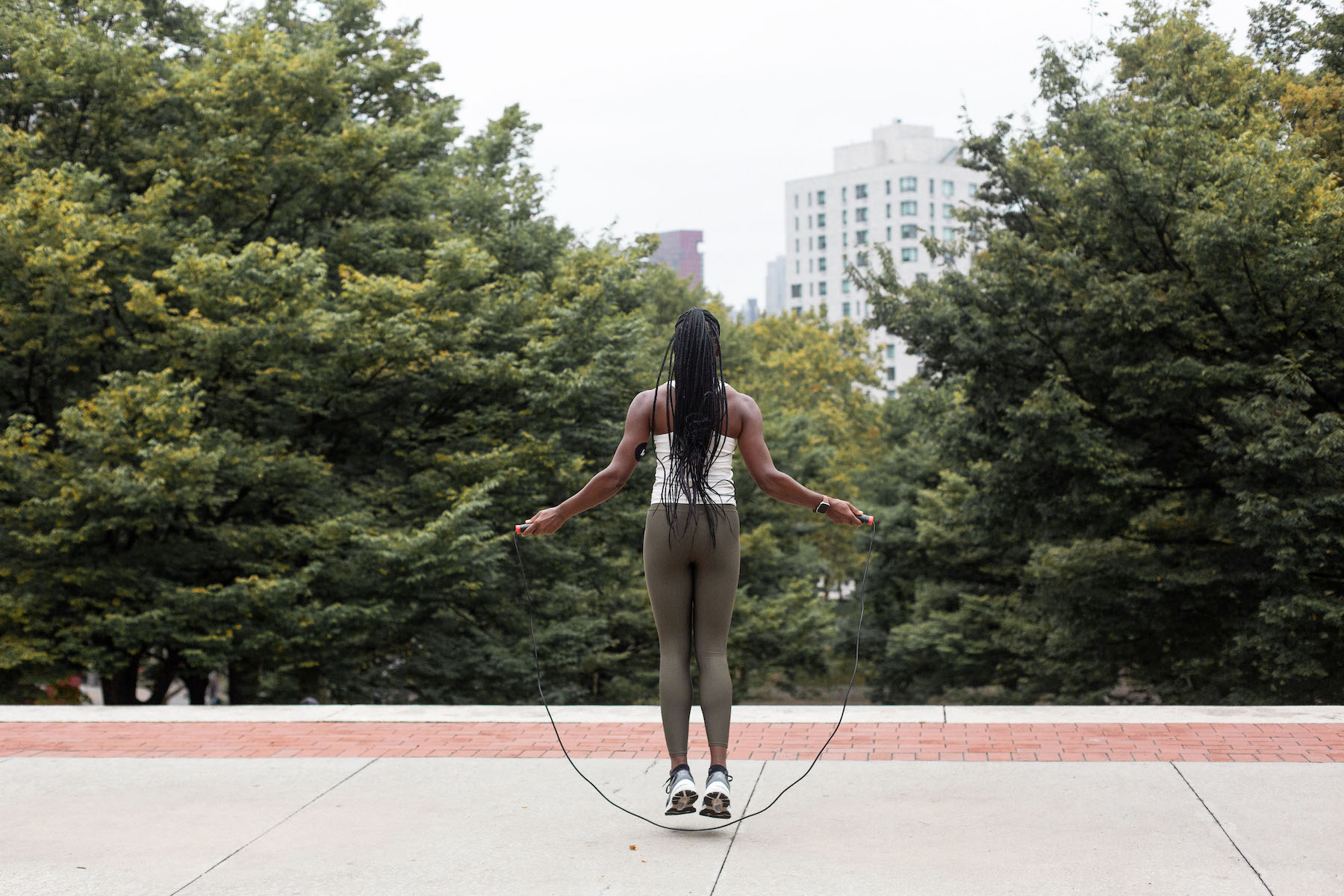
Optimize your exercise performance by tracking glucose
Exercise, glucose, and metabolic flexibility: how monitoring glucose levels with CGM can help you improve fueling, endurance, performance, and recovery.
Read the ArticleOn learning to snack smart:
We hear all the time that having a well-balanced meal is so important, but what does that mean? For example, you shouldn’t just eat a banana if you’re someone like me with insulin resistance because you’ll likely see your glucose spike and then crash. But if I eat a banana with peanut butter and maybe a boiled egg, my response will be completely different and much more steady.
I’ve also learned to pair my snacks with protein or fat to curb my glucose. Before, if I started getting hungry, I would usually go for grapes, watermelon, or carrots, but I found that those snacks hit me like a slice of cake. Now, if I pair them with something like Greek yogurt, my glycemic reaction is much more even, and I don’t have the crash afterward.
If you know the proper quantities of food, optimal pairings, and how to sequence meals properly [without front-loading carbs], you know how to eat just about anything without the severe negative consequences. I finally feel in control of what I eat, and I understand what my body is doing.

